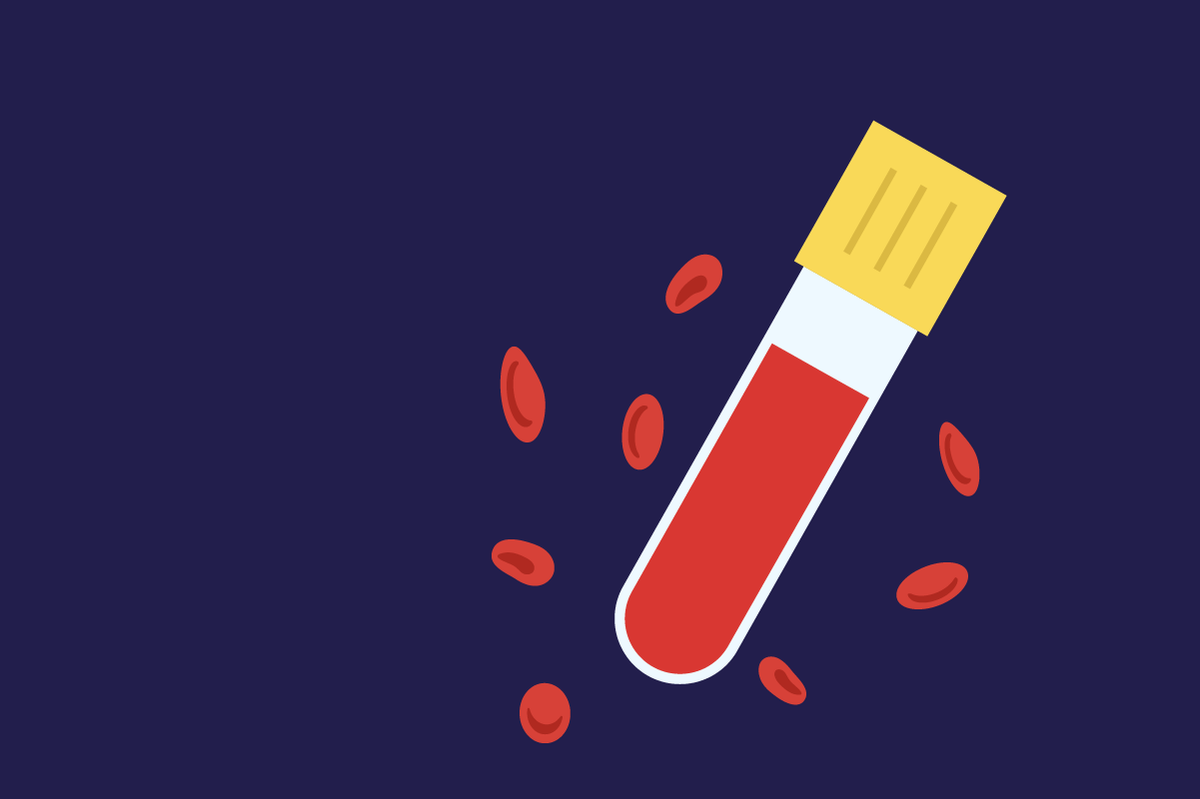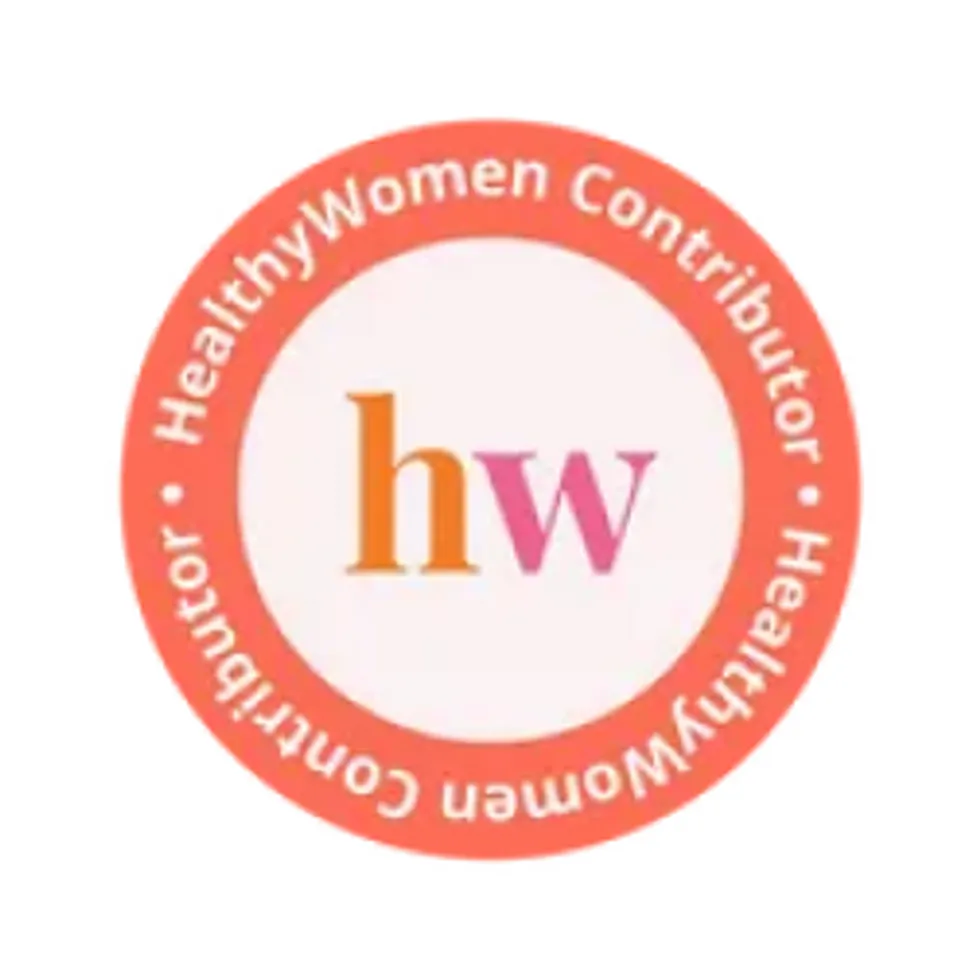
What’s Your Number?
Cholesterol testing is important, easy — and can save your life
Apr 02, 2024
Apr 15, 2024
Your Health
Program Manager
Michelle Sabia has a passion for health equity and has dedicated her career to supporting underserved populations through education, direct service programming and advocacy. She is certified in public health and received her master's in public health from George Washington University. She brings over a decade of experience in healthcare nonprofits and healthcare delivery settings to her role at HealthyWomen where she specializes in education programs for military healthcare providers and active-duty servicewomen. Most recently, Michelle managed federal payment programs and community health initiatives at a local health system in Washington state. Her proudest accomplishment was designing and implementing a social determinants of health program to address the social needs of patients in clinical settings.
Michelle's professional passions bleed into her volunteer work where she serves on the board of directors of the Neighborhood Clinic Tacoma, a free clinic serving those who can't access or afford healthcare services.
Though she currently resides in Washington and loves the unique natural beauty of the area, Michelle was born and raised in the Northeast and is quick to tell you that her heart will always be in New York. In her free time, she and her husband enjoy raising backyard chickens, hiking, cooking and traveling. They look forward to welcoming their first child in Spring of 2022.
Full BioLearn about our editorial policies

Cholesterol testing is important, easy — and can save your life
Having high cholesterol can lead to heart disease or stroke.
There are 3 kinds of cholesterol
Low-density lipoprotein (LDL) or “bad” cholesterol
High-density lipoprotein (HDL) or “good” cholesterol
Triglycerides (type of fat in your blood)
Together, they make up your total cholesterol.
Formula for total cholesterol = LDL + HDL + 20% triglycerides
Know your numbers
There are no symptoms for high cholesterol. The only way to know is to get your numbers checked with cholesterol screening.
The CDC’s optimal cholesterol level recommendations for people assigned female at birth:
LDL cholesterol: about 100 mg/dL
HDL cholesterol: ≥50 mg/dL
Triglycerides: <150 mg/dL
Total cholesterol: about 150 mg/dL
High cholesterol = total cholesterol above 200 mg/dL
Around 2 in 5 American adults have total cholesterol above 200 mg/dL.
When to get screened
People assigned female at birth should get their cholesterol checked:
20–54 Every 5 years
55–65 Every 1–2 years
65+ Every year
Risk factors for high cholesterol
Lack of exercise
Eating a diet high in saturated and trans fat and sugar
Smoking
Drinking too much alcohol
Having health conditions like chronic kidney disease, diabetes, HIV/AIDS, hypothyroidism and lupus
Genetics and family history
Certain medications
Being 40 years or older
Although people over 40 are at higher risk of developing high cholesterol, it can happen at any age.
Estrogen affects cholesterol
Estrogen provides protection against heart disease by lowering blood triglycerides and LDL cholesterol, and increasing HDL cholesterol.
Changing estrogen levels during the menstrual cycle can raise and lower your cholesterol levels.
During perimenopause and menopause, lower amounts of estrogen increase triglycerides, LDL and total cholesterol levels, increasing your risk of heart disease.
High levels of estrogen during pregnancy and with polycystic ovarian syndrome (PCOS) can cause higher LDL and triglycerides.
How to get screened
Your healthcare provider (HCP) can give you a cholesterol screening test, also called a lipid panel or lipid profile, by taking a blood sample from you.
You’ll likely be asked to fast or not eat for 12 hours before the test.
The test is quick and relatively painless, and the results will show your levels for the three types of cholesterol plus total cholesterol.
1 blood test = 4 results
Don’t delay — talk to your HCP about cholesterol screening today!
This resource was created with support from Amgen, a HealthyWomen Corporate Advisory Council member.